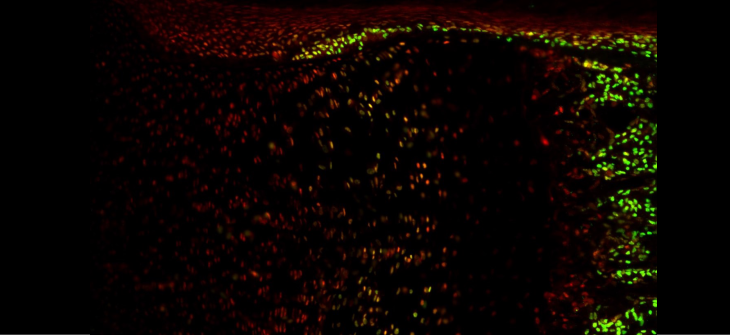

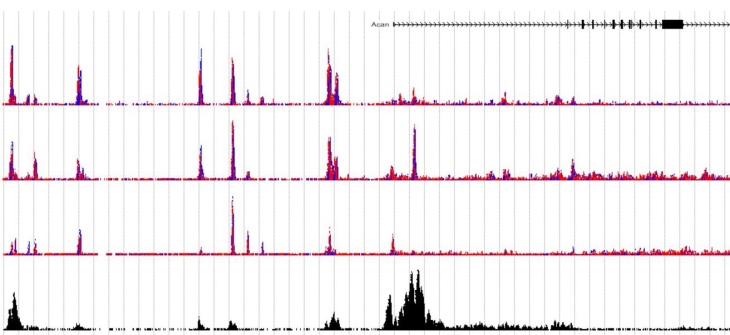
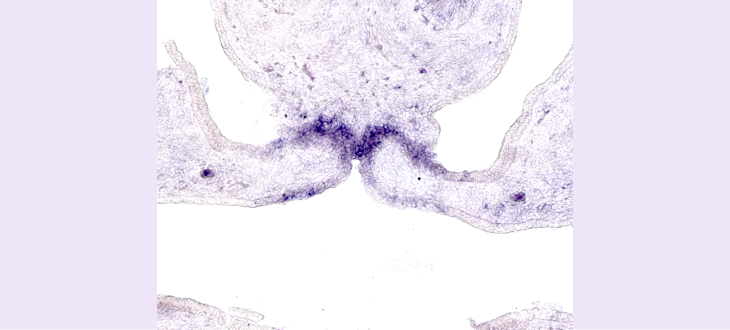
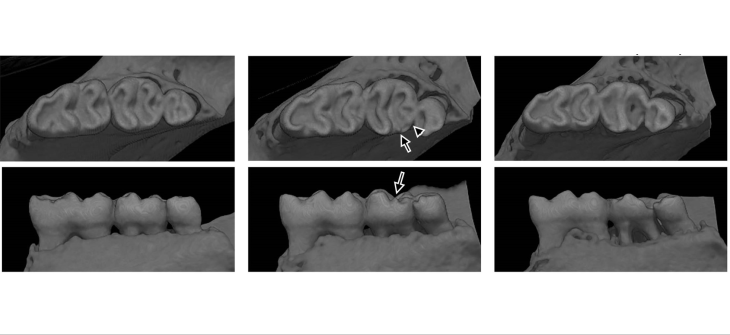
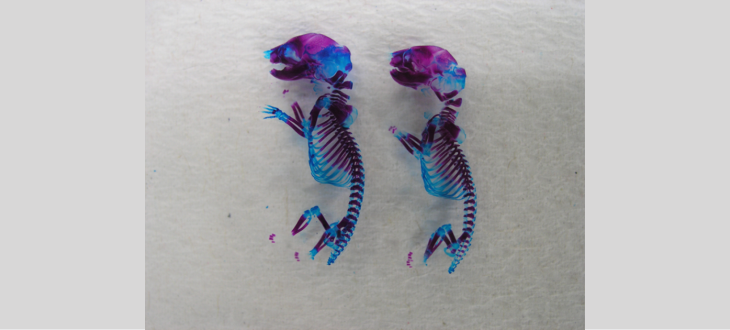
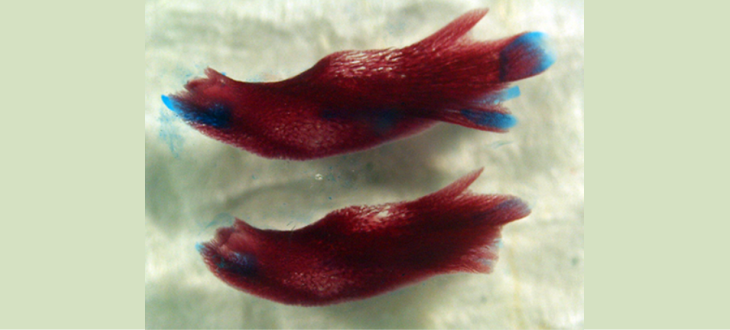
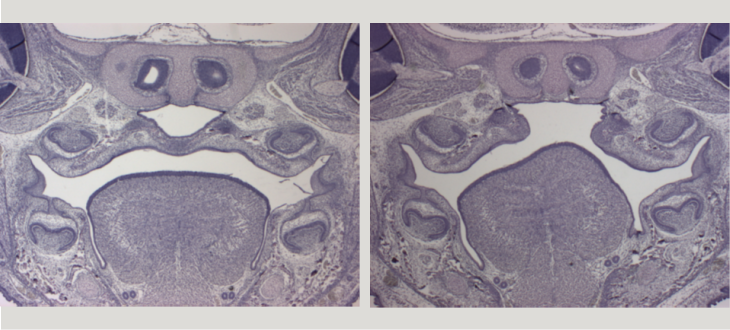
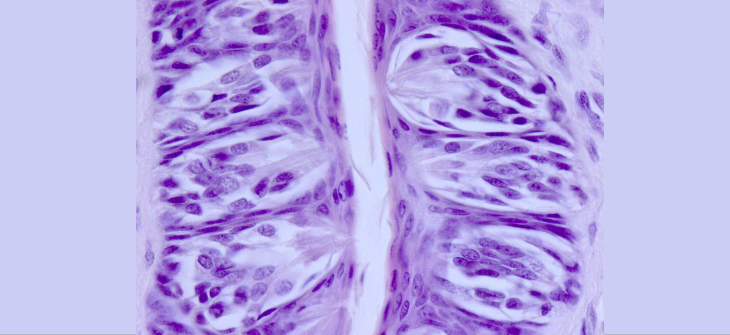
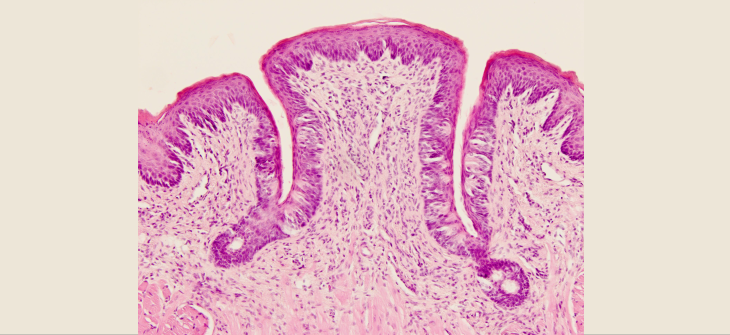
Lab overview
We aim to understand how skeletal tissues (bone and cartilage) and teeth develop and to find a clue to novel therapeutic strategies. We also perform the neurobiological study of the trigeminal system and taste. We seek answers to our scientific questions in comprehensive, panoramic views of phenomena in living bodies or cells, rather than in events confined to a test tube. Accordingly, we integrate approaches from various fields: histology, developmental biology, molecular biology, stem cell biology, mouse genetics, bioinformatics, and even engineering. To carry out such multi-disciplinary research, we collaborate extensively with various institutes and companies, and facilitate collaboration-based personnel exchange. Our ultimate goal is to apply our research findings to make clear contributions to society, including new therapeutic strategies in the next generation.
We are in charge of the following two courses for undergraduate students: (1) Oral Anatomy and (2) Oral Development and Histology. Through these courses, students are expected to acquire a deep understanding of the normal developmental process of tissues and organs (Developmental Biology), and the normal structure of tissues and organs (Anatomy and Histology). One cannot define a disease, which is an abnormal condition of tissues or organs, without a correct understanding of the normal process and structure of tissues and organs. Thus, Developmental Biology, Anatomy, and Histology build a base for students to distinguish diseases from physiological states and to assess pathological changes.
We expect PhD students to establish a solid foundation in their area of expertise and eventually develop as interdisciplinary scientists. To encourage such development, we emphasize not only experimental techniques and methodology, but also a proactive attitude to science, a facility with logical reasoning, and effective communication skills, including the ability to develop audience-friendly presentations.
We hope that these research and educational opportunities will ultimately contribute to the fostering of experts in dentistry, medicine, and/or life sciences, who understand that correct knowledge of biological processes underlies the diagnosis and treatment of diseases. Such experts, we believe, will keep themselves updated on the progress of next-generation medicine and life sciences, and will take the lead in their fields throughout their careers.
Banner
Dept of Tissue and Developmental Biology
Graduate School of Dentistry
Osaka University
1-8 Yamada-Oka, Suita, OSAKA 565-0871, JAPAN
TEL +81-6-6879-2874
FAX +81-6-6879-2875






